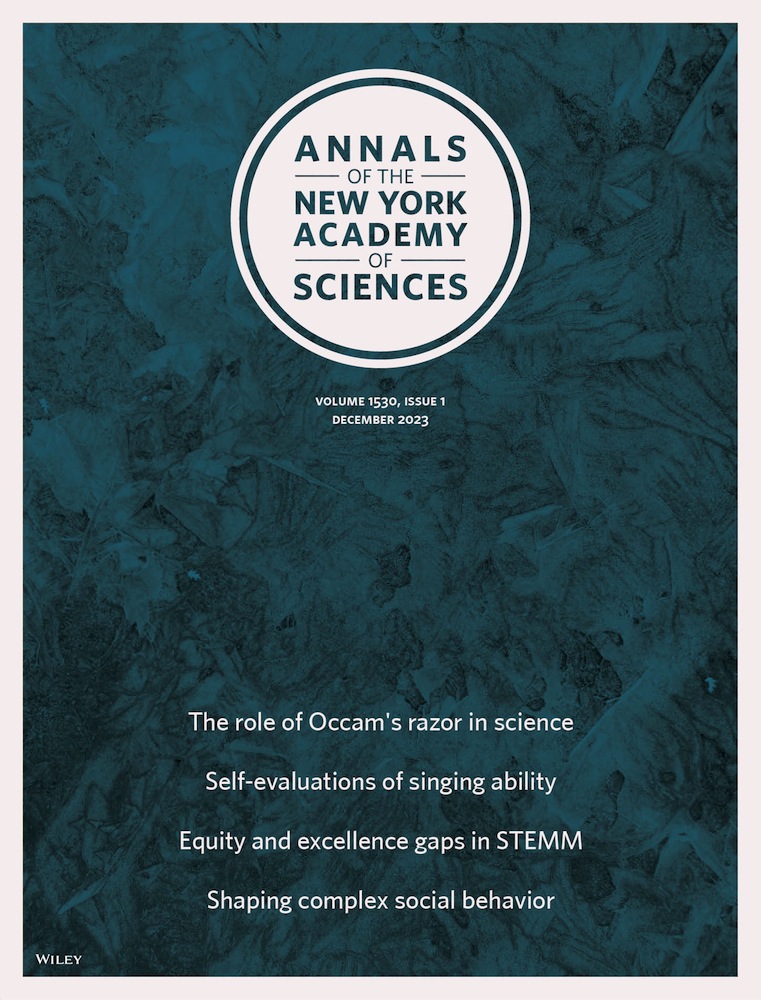The unseen teen: Social platforms and accountability for addressing adolescent well‐being
IF 4.1
3区 综合性期刊
Q1 MULTIDISCIPLINARY SCIENCES
引用次数: 0
Abstract
Adolescent mental health issues are of growing concern, with many pointing to social media platforms as exacerbating the problem. Based on interviews with 25 social media and social gaming platform employees, this study interrogates product design processes within companies to understand if and how adolescent well‐being is considered when building online platforms. Our findings suggest that companies do not generally consider adolescent well‐being in their product design, and when they do, may choose not to enact needed changes. Instead, our analysis suggests that companies design for an imagined average user, ignoring subgroups with needs that, if addressed, would bring benefits for everyone. They may also employ strategic ignorance by not collecting data on adolescents’ use of their platforms or by creating structures that absolve staff from responsibility for youth mental health. Public health practitioners can reduce burdens on adolescents and families for managing their use of online platforms by holding platform companies accountable for design choices that lead to diminished adolescent well‐being. To do this, public health practitioners could collect granular, updated data on adolescents’ use of social media, create detailed pictures of how different types of adolescents use different products, develop structural measures of well‐being for adolescents online, and recommend product changes.看不见的青少年:解决青少年福祉的社会平台和问责制
青少年心理健康问题越来越受到关注,许多人指出社交媒体平台加剧了这一问题。基于对25名社交媒体和社交游戏平台员工的采访,本研究询问了公司内部的产品设计流程,以了解在构建在线平台时是否以及如何考虑青少年的福祉。我们的研究结果表明,公司通常不会在产品设计中考虑青少年的健康状况,即使他们这样做了,也可能选择不进行必要的改变。相反,我们的分析表明,公司为想象中的普通用户设计,忽略了有需求的子群体,这些需求如果得到满足,将为每个人带来好处。它们还可能通过不收集青少年使用其平台的数据,或通过建立免除工作人员对青少年心理健康责任的结构,采取战略性无知的做法。公共卫生从业人员可以通过让平台公司对导致青少年幸福感下降的设计选择负责,来减轻青少年和家庭管理他们使用在线平台的负担。为此,公共卫生从业人员可以收集有关青少年使用社交媒体的详细、最新数据,创建不同类型的青少年如何使用不同产品的详细图片,制定青少年在线幸福感的结构性措施,并推荐产品变更。
本文章由计算机程序翻译,如有差异,请以英文原文为准。
求助全文
约1分钟内获得全文
求助全文
来源期刊

Annals of the New York Academy of Sciences
综合性期刊-综合性期刊
CiteScore
11.00
自引率
1.90%
发文量
193
审稿时长
2-4 weeks
期刊介绍:
Published on behalf of the New York Academy of Sciences, Annals of the New York Academy of Sciences provides multidisciplinary perspectives on research of current scientific interest with far-reaching implications for the wider scientific community and society at large. Each special issue assembles the best thinking of key contributors to a field of investigation at a time when emerging developments offer the promise of new insight. Individually themed, Annals special issues stimulate new ways to think about science by providing a neutral forum for discourse—within and across many institutions and fields.
 求助内容:
求助内容: 应助结果提醒方式:
应助结果提醒方式:


